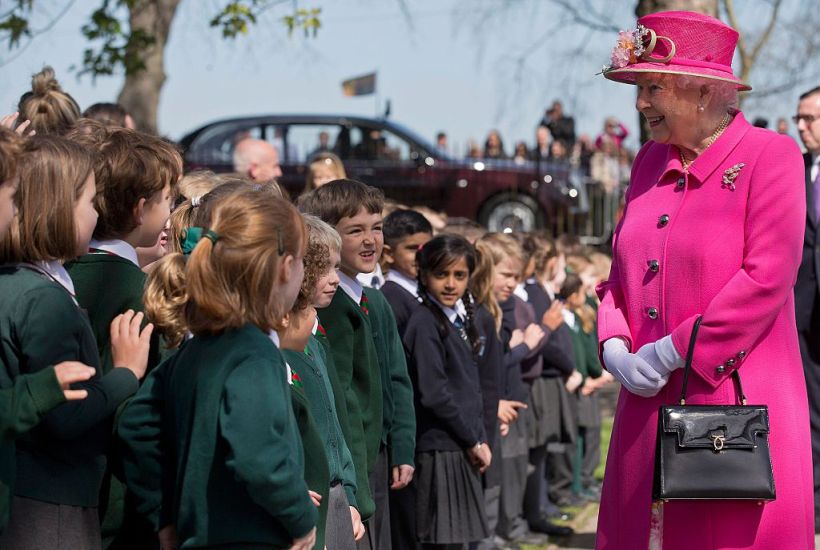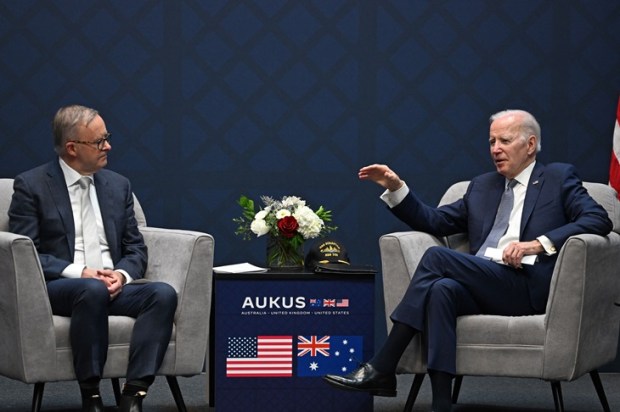The first British (and Australian) monarch to spend sixty-five years on the Throne, today Her Majesty the Queen celebrates her ‘Blue Sapphire Jubilee’. No public festivities have been planned, either here or in Britain. Her Majesty, it is said, will spend the day in private reflection on her estate at Sandringham.
The Royal Mint is, however, planning a celebratory coin. Fittingly,
Already a subscriber? Log in
Subscribe for just $2 a week
Try a month of The Spectator Australia absolutely free and without commitment. Not only that but – if you choose to continue – you’ll pay just $2 a week for your first year.
- Unlimited access to spectator.com.au and app
- The weekly edition on the Spectator Australia app
- Spectator podcasts and newsletters
- Full access to spectator.co.uk
Or


























Comments
Don't miss out
Join the conversation with other Spectator Australia readers. Subscribe to leave a comment.
SUBSCRIBEAlready a subscriber? Log in